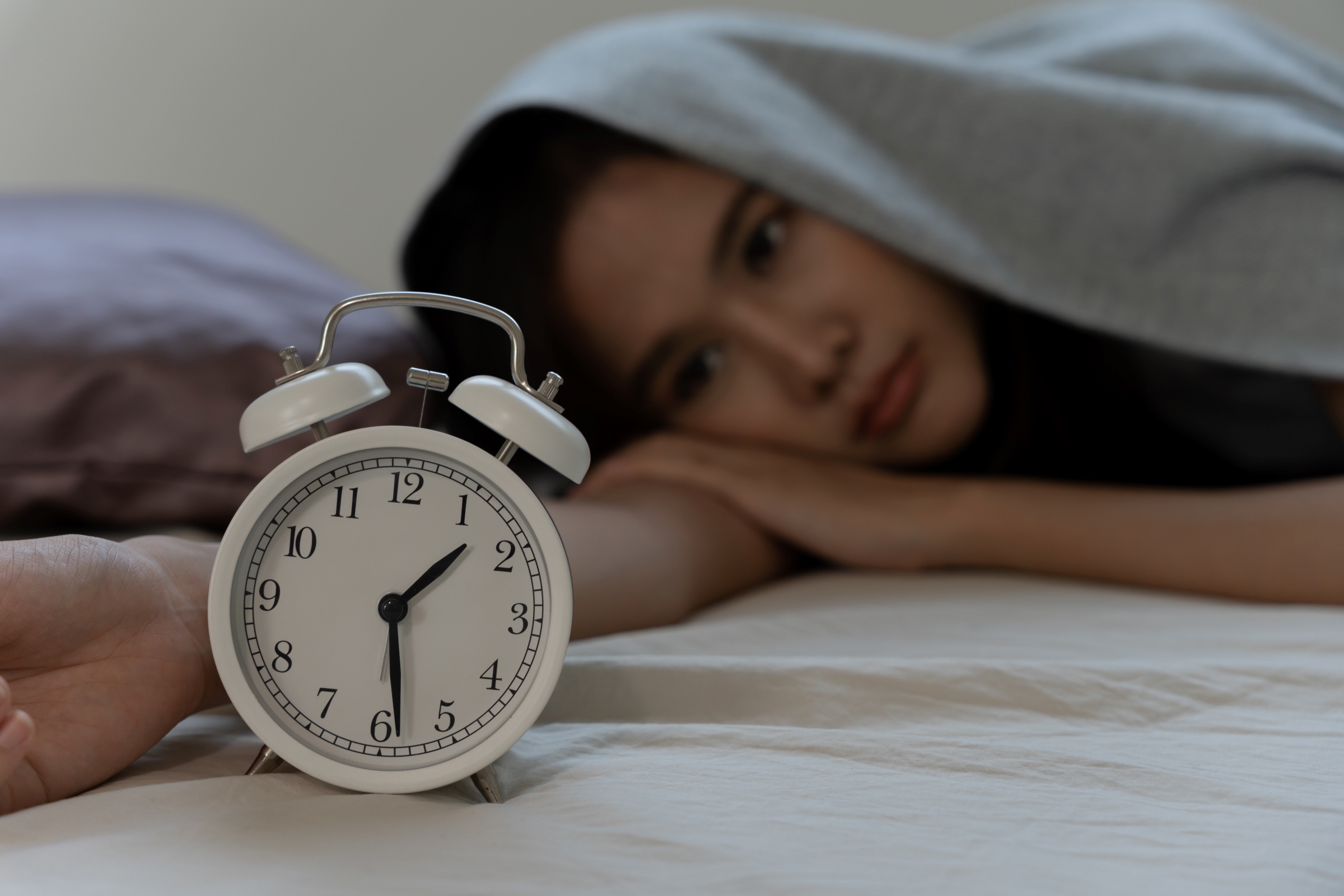Answer:
Dengue fever causes a continuous high fever, accompanied by sweating, headaches, body aches, eye socket pain, nausea, vomiting, indigestion, loss of appetite, and diarrhea. The high fever also thickens the blood, reducing the efficient delivery of oxygen to organs like the brain and joints, leading to severe headaches and body aches.
After recovering from dengue fever, many individuals still experience inflammation and fluid buildup in their joints, resulting in pain, stiffness, and swelling, especially with overexertion, stress, or lack of physical activity. This can lead to a cycle of insomnia, difficulty sleeping, poor sleep quality, prolonged sleeplessness, fatigue, and body aches, which in turn cause loss of appetite. When appetite is suppressed, patients may not receive adequate minerals and vitamins, increasing their risk of other infectious diseases.
 |
After recovering from dengue fever, many patients still experience inflammation and fluid accumulation in the joints, leading to pain, stiffness, swelling, loss of appetite, and insomnia... Illustrative photo: Vecteezy |
After recovering from dengue fever, many patients still experience inflammation and fluid accumulation in the joints, leading to pain, stiffness, swelling, loss of appetite, and insomnia... Illustrative photo: Vecteezy
To improve your health, you should consume easily digestible foods, drink plenty of water, get adequate rest, avoid strenuous activities, and engage in appropriate exercises to enhance your physical condition. If the after-effects significantly impact your health, consult a specialist for proper diagnosis and treatment.
Dengue fever is an acute infectious disease caused by the dengue virus, which has 4 serotypes: Den-1, Den-2, Den-3, and Den-4. It is transmitted by the Aedes mosquito. An individual can contract all 4 serotypes, with subsequent infections potentially being more severe.
Vietnam is currently entering the peak dengue season, with hot weather combined with rain, storms, and floods creating favorable conditions for mosquito breeding. Even if you have had dengue fever once, you are still at risk of reinfection and severe illness in subsequent infections. In addition to post-dengue care, you should also prevent reinfection by avoiding mosquito bites, such as sleeping under a mosquito net even during the day and wearing long-sleeved clothing in the evening. Ensure your living area is clean, clear bushes, and cover water containers to eliminate mosquito breeding grounds.
Vietnam now has a vaccine against all 4 dengue serotypes (Den-1, Den-2, Den-3, and Den-4) for people aged 4 and older. The vaccination schedule consists of two doses, 3 months apart. The vaccine reduces the risk of infection by over 80% and the risk of hospitalization by over 90%. Individuals who have had dengue fever do not need testing before vaccination. You should schedule vaccination within 6 months of recovery.
Dr. Nguyen Le Nga
Medical Manager, VNVC Vaccination System
Readers can submit vaccine-related questions for doctors to answer here.












